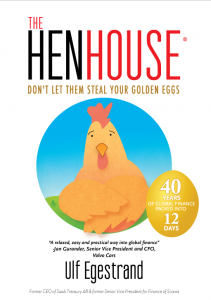Zero interest rates will not help Part I
In China it is said that consumption would increase if interest rates were higher. How can this be if the established idea is that one consumes more if the interest rate is low. The reason being, with lower interest rates money has a lower value and should start burning in your pocket.
This does not apply if the consumer feels insecure about the future. Here are two such cases.
Firstly, if you think that the mortgage you have is too large in relation to your earnings then this can lead to a decrease in consumption, as is probably the case in the West. Secondly, if the interest on saved capital is not enough for future consumption needs, then this also can decrease consumption.
At the moment the latter seems to apply to Chinese consumers. They save half their income for future needs, health care, education and housing etc.. If the savings rate however would be higher, then the Chinese would dare to consume more. On the other hand, a higher interest rate means the saved capital automatically increases faster and creates room for an increase in consumption.
Zero interest rates will not help the consumption of a Chinese buyer is uncertain about the future. / Ulf Egestrand


 English
English  Svenska
Svenska 


